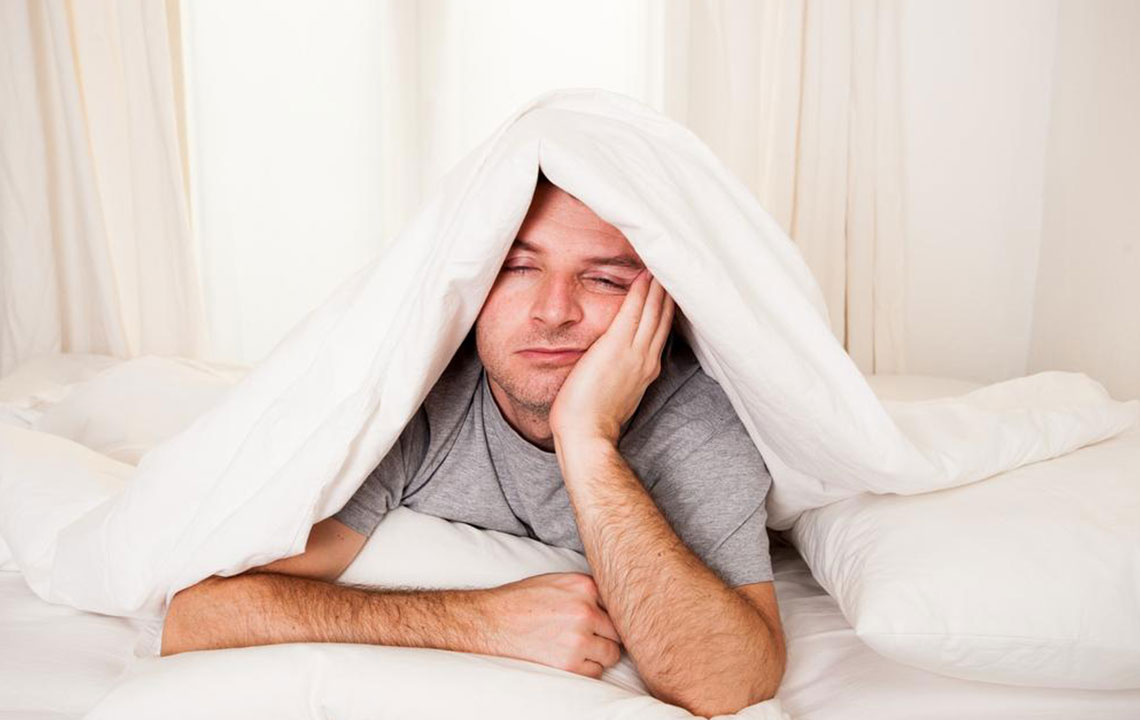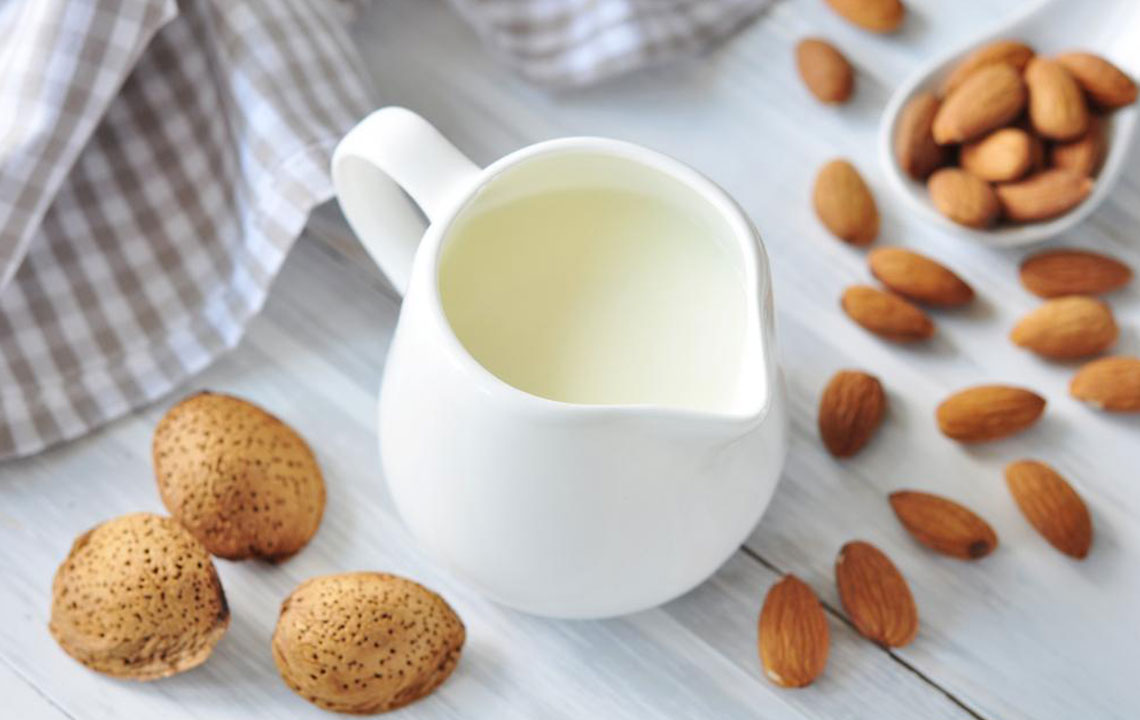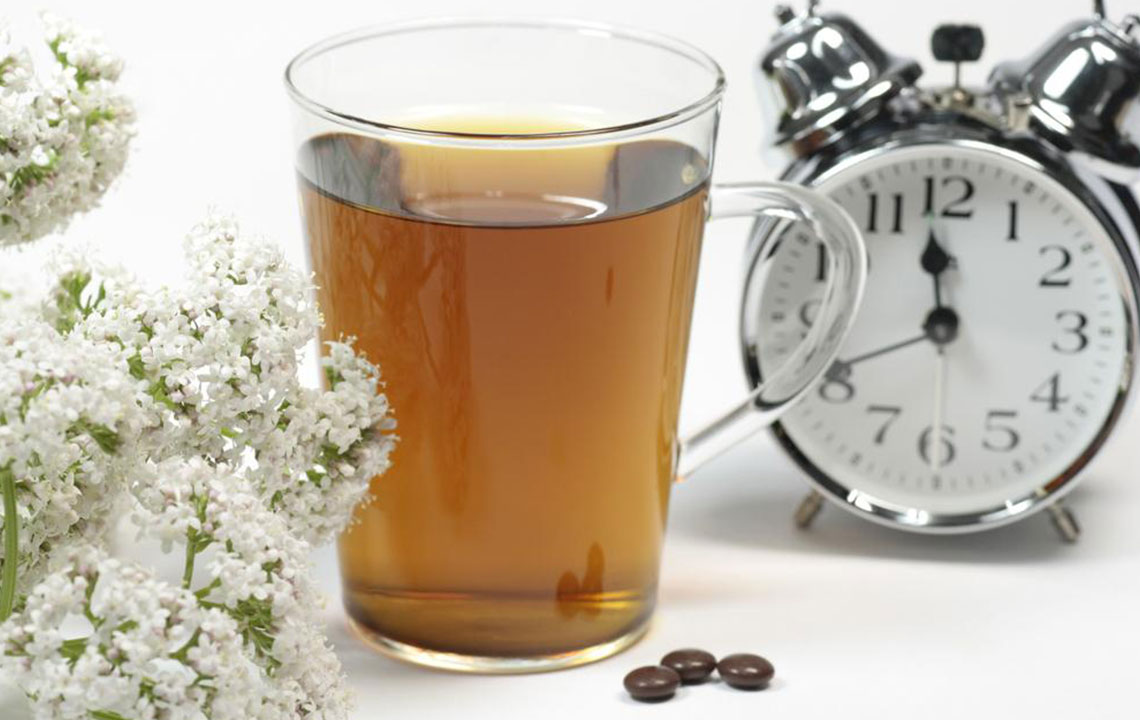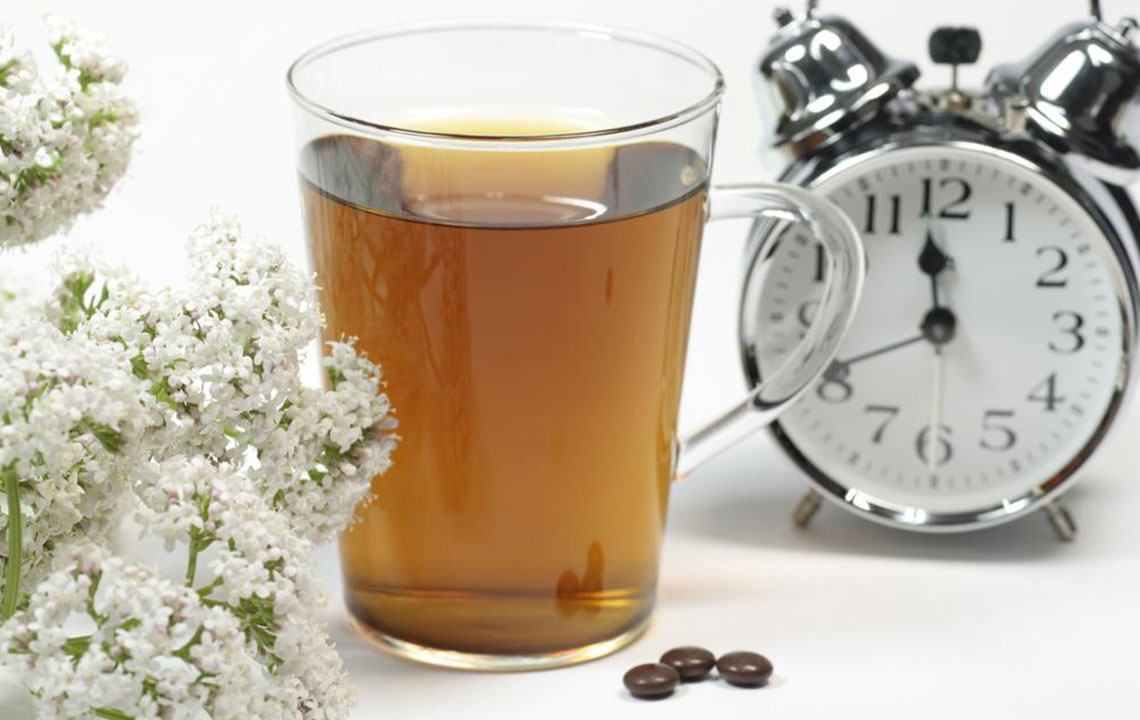Natural Strategies to Improve Sleep Quality and Rest Effectively
This comprehensive article explores natural ways to enhance sleep quality through herbal remedies and lifestyle changes. It covers key sleep-inducing agents like melatonin, valerian root, chamomile, and dietary strategies, emphasizing safe usage and potential benefits. Ideal for those seeking holistic solutions to sleep issues, the guide provides actionable tips to help improve rest naturally. Learn how to identify sleep disruptors and create a healthier sleep environment with expert-backed advice, making peaceful, restorative sleep achievable for everyone.

Discover Effective Natural Methods to Enhance Your Sleep and Achieve Restful Nights
Insomnia and poor sleep quality are common issues that can significantly impact daily life, mood, and overall health. Many individuals experience difficulty falling asleep or staying asleep, which can lead to fatigue, decreased productivity, and emotional stress. While pharmaceutical options are available, they often come with potential side effects and dependency risks. Consequently, a growing number of people are turning to natural and herbal remedies as safer, sustainable alternatives to improve sleep quality naturally. This comprehensive guide explores various natural solutions that can support healthy sleep cycles, offering practical advice for those seeking to enhance their rest without reliance on medications.
Understanding the Causes of Sleep Difficulties
Sleep disturbances can stem from numerous factors, including physical discomfort, emotional stress, lifestyle choices, and medical conditions. For example, physical issues such as chronic pain or restless legs syndrome can hinder falling asleep. Psychological factors like anxiety, depression, or stress from daily life often interfere with normal sleep patterns. Additionally, medical conditions such as delayed sleep phase syndrome, sleep apnea, or side effects from medications can disrupt sleep. External influences like shift work or crossing multiple time zones further impair the circadian rhythm, which is the body's internal clock regulating sleep-wake cycles. Recognizing these underlying causes is essential for selecting appropriate natural remedies and lifestyle modifications to promote better sleep.
Popular Natural Sleep Enhancers and How They Work
Melatonin - A pivotal hormone produced by the pineal gland, melatonin plays a crucial role in regulating the sleep-wake cycle. Its levels naturally rise in the evening, signaling the body to prepare for sleep, and decline in the morning. Melatonin supplements are widely used to combat jet lag, reset the internal clock, or alleviate sleep difficulties caused by shift work. Available in various forms including tablets, capsules, and sublingual drops, melatonin can provide quick support for initiating sleep. While generally considered safe for short-term use, the long-term safety and optimal dosage require further research, so users should consult healthcare providers before beginning supplementation.
Valerian Root - An herbal remedy with a long history of use in promoting restful sleep, Valerian root is valued for its calming effects on the nervous system. It is often used by individuals experiencing persistent insomnia or anxiety-related sleep issues. The herb is available in teas, capsules, and tinctures, and typically requires regular use over several weeks to observe significant benefits. Most users report no morning grogginess, making it a favorable option for natural sleep support. However, caution is advised as long-term effects are not fully known, and potential interactions with other medications should be considered.
Chamomile - Known for its gentle, soothing properties, chamomile has been used as a natural sleep aid for centuries. Chamomile tea, made from dried chamomile flowers, is a popular bedtime beverage that promotes relaxation and calmness. Its anti-inflammatory and mild sedative properties help reduce stress, relax muscles, and prepare the body for sleep. Regular consumption of chamomile can improve sleep quality, especially when combined with good sleep hygiene practices.
Kava - Derived from the roots of the kava plant native to the South Pacific, Kava is traditionally used to reduce stress and anxiety, contributing to better sleep. It acts on the central nervous system to promote relaxation without significant impairment of motor skills or memory in moderate doses. However, recent studies have raised concerns about Kava’s safety profile, particularly its association with liver toxicity, including hepatitis and cirrhosis. Due to these risks, Kava should be used with caution and under medical supervision, making it a less preferred option for sleep enhancement.
Tryptophan - An essential amino acid found in various dietary sources, tryptophan is a precursor to serotonin and melatonin—both vital for mood regulation and sleep. Consuming carbohydrate-rich foods like milk, turkey, cheese, nuts, and seeds can naturally boost tryptophan intake and aid in sleep promotion. Tryptophan supplements are also available but should be used cautiously, as high doses may cause adverse effects such as skin tightening, joint pain, or gastrointestinal issues. Incorporating tryptophan-rich foods into your diet can be a safe and effective way to enhance sleep naturally.
Prioritizing quality sleep is crucial for maintaining optimal health, mental clarity, and emotional resilience. Alongside natural remedies, adopting healthy lifestyle practices such as maintaining a balanced diet, engaging in regular physical activity, managing stress levels, and establishing a consistent sleep routine can significantly improve sleep quality. Before starting any new supplement regimen, it’s important to consult with a healthcare professional, especially if you have underlying health conditions or are taking medications. Embracing a holistic approach to sleep can lead to longer, deeper, and more restorative rest, helping you wake up refreshed and ready for each new day.





